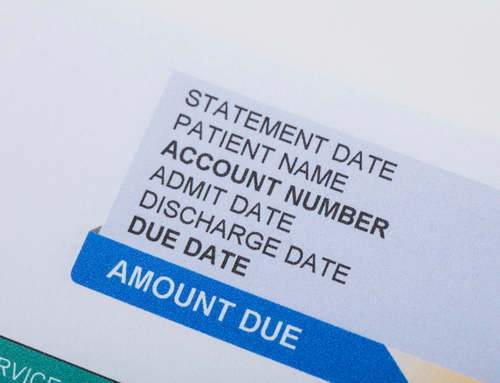Many consumers are under the impression that going through bankruptcy will ruin a person’s credit score. While it is true that the entry of a recent bankruptcy filing on a credit report may decrease the overall score, a consumer still has ways that he or she can improve that score. The person will want to take certain steps before and after filing for bankruptcy. Additionally, it would be wise for an individual considering filing for bankruptcy to do such with a reputable attorney. A reputable attorney will have the skills necessary to navigate the laws in a way that benefits the debtor.
Preparing before Bankruptcy
When an individual is considering filing for bankruptcy, chances are high that person has already suffered a dramatic drop in credit score. However, if that person owns a car or house that they wish to keep, they can greatly benefit themselves by keeping the car loan or mortgage accounts current at all times, as these accounts are always reported to the credit bureaus and often are given more consideration than unsecured loans when determining overall credit score. Keeping gas and electric accounts current also will be beneficial.
Hire a Reputable Attorney
Another step for improving one’s credit score is to hire a reliable attorney for filing the bankruptcy case. A bankruptcy professional such as Attorney James Stanek can provide a wide variety of services to a debtor in need of debt restructuring or debt forgiveness. First, he will determine the debtor’s eligibility for Chapter 7 or Chapter 13 bankruptcy. Next, he will help the client to prepare the most professional and detailed documentation to submit to the courts. This skilled attorney will also negotiate and fight creditor objections as they come. Just having a good attorney by one’s side can help a credit score in the end.
Improving Your Credit Score after Bankruptcy
After the bankruptcy has been completed, there will be ample opportunity to rehabilitate the credit score. The delinquent accounts that have been discharged will cease to report negatively, as those debts no longer exist. In addition, most debtors are eligible to obtain a credit card immediately upon receiving their discharge, and using a credit card responsibly and paying the balance each month when due will add favorable reporting to the credit record. If the debtor has obtained a car loan after discharge, or had a car loan or mortgage which he or she kept, keeping those accounts current will add very favorable reporting to the credit record.
Being debt free will make any person more desirable to a prospective creditor. Creditors are far more interested in your current situation than what may have happened in the past. Once the high interest debt has been discharged, most people are easily able to pay their monthly expenses and even start saving money. Responsible financial practices will result in a good credit score before long.





